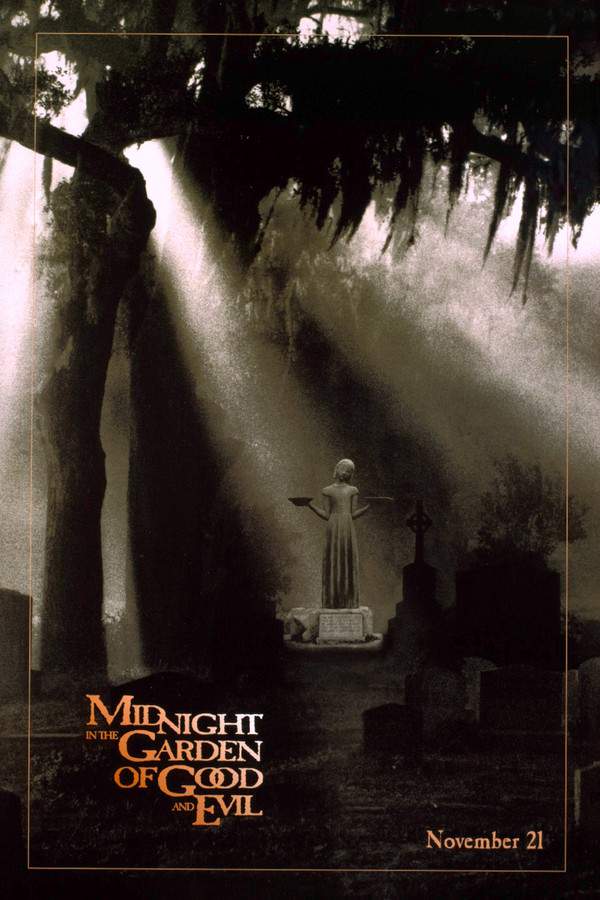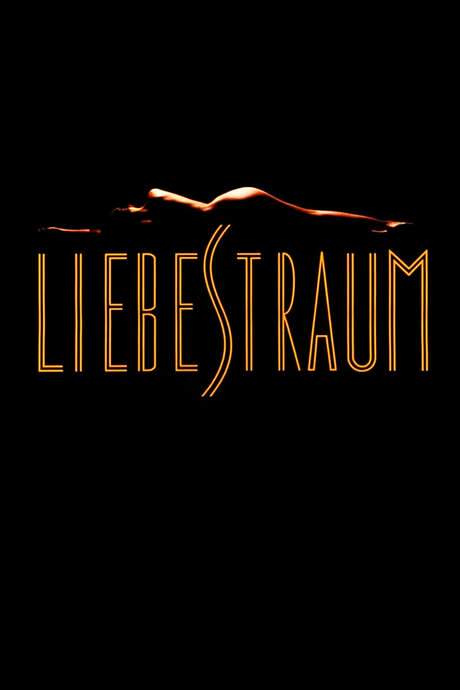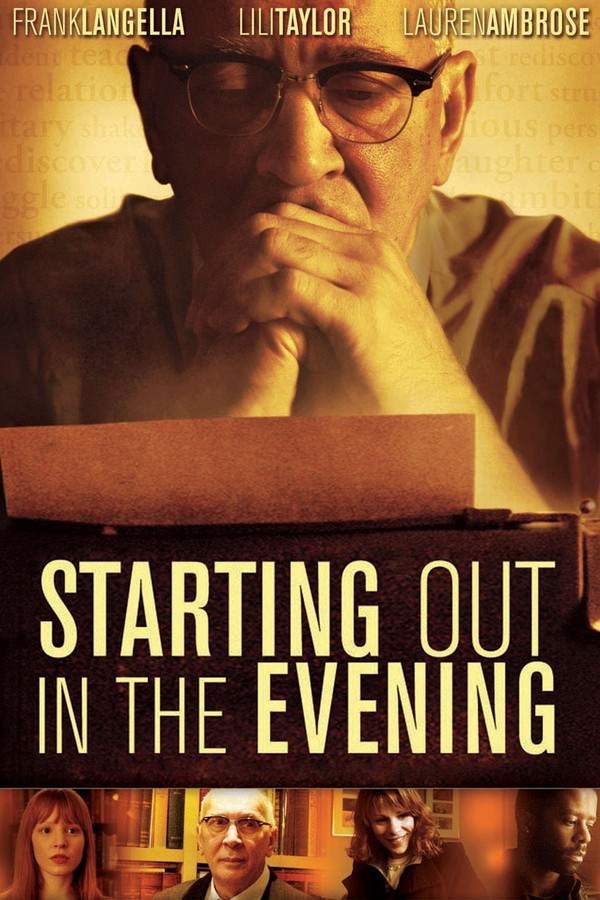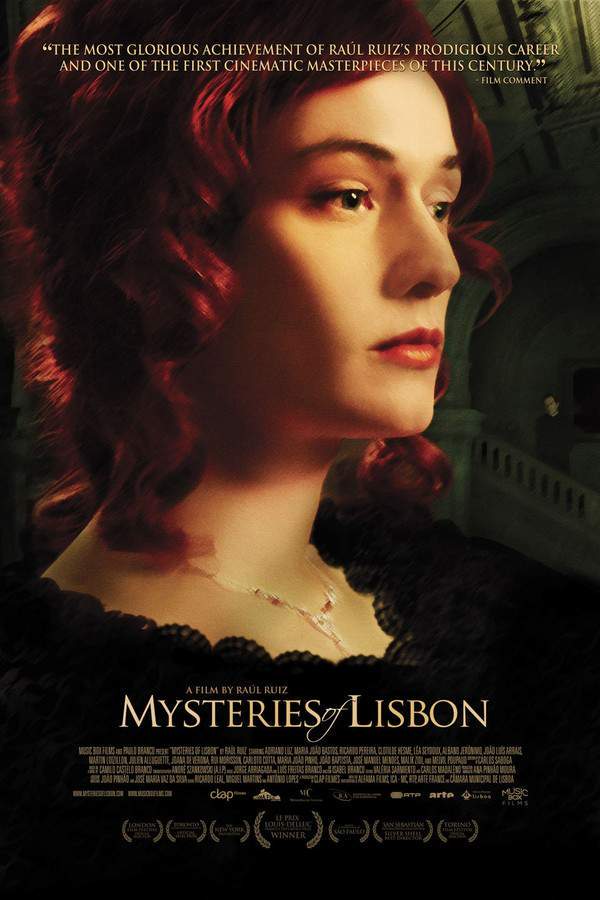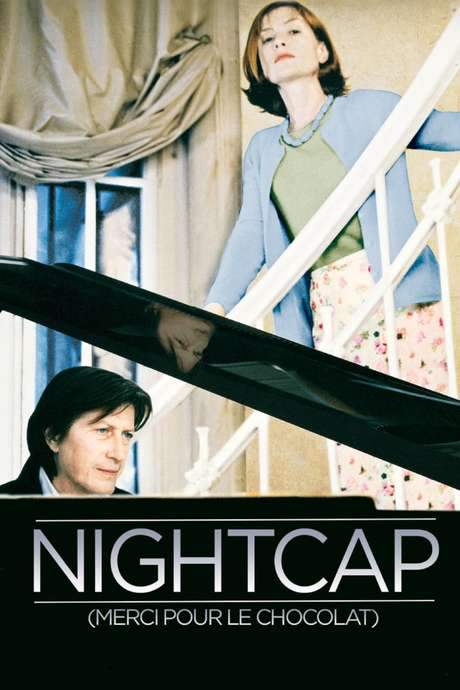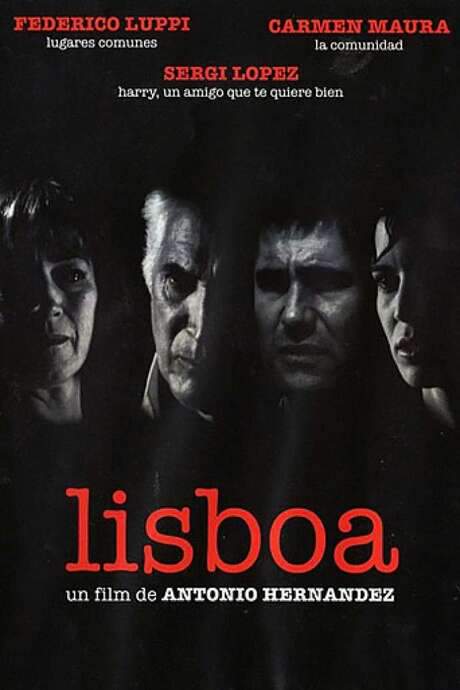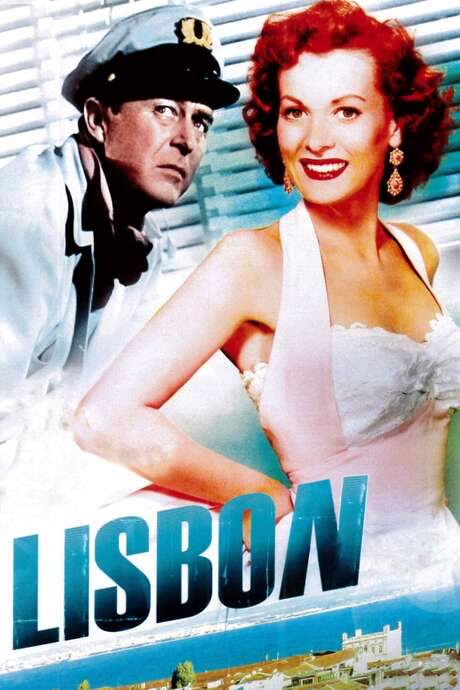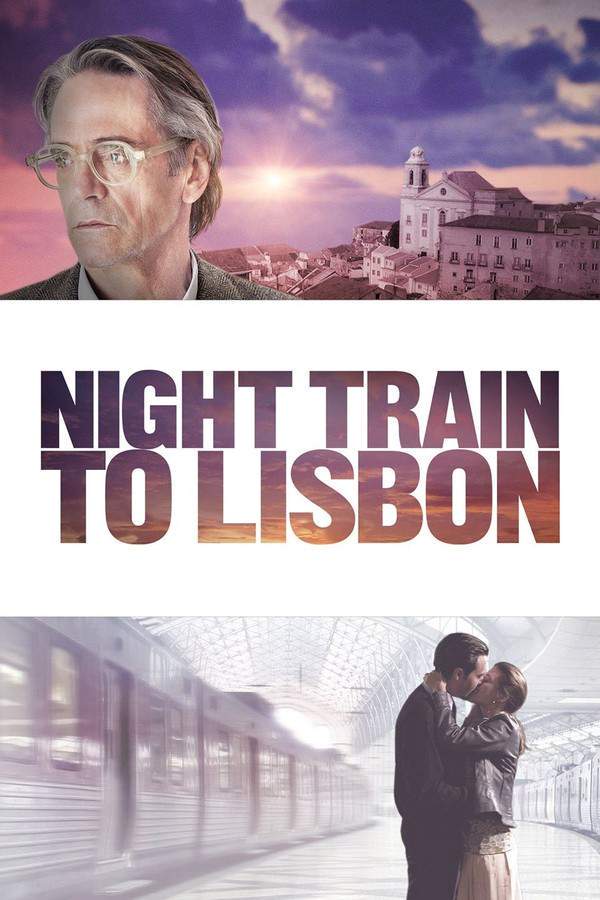
Night Train to Lisbon
Year: 2013
Runtime: 111 min
Language: English
Director: Bille August
Swiss professor Raimund Gregorius finds his life unexpectedly changed by a brief meeting with an intriguing woman, leading him on a journey to Lisbon. During his travels, he uncovers long-held secrets and must confront painful truths about his past. The experience forces him to re-evaluate his life and search for a chance at love and redemption.
Warning: spoilers below!
Haven’t seen Night Train to Lisbon yet? This summary contains major spoilers. Bookmark the page, watch the movie, and come back for the full breakdown. If you're ready, scroll on and relive the story!
Timeline & Setting – Night Train to Lisbon (2013)
Explore the full timeline and setting of Night Train to Lisbon (2013). Follow every major event in chronological order and see how the environment shapes the story, characters, and dramatic tension.
Last Updated: October 22, 2024 at 20:27
Main Characters – Night Train to Lisbon (2013)
Meet the key characters of Night Train to Lisbon (2013), with detailed profiles, motivations, and roles in the plot. Understand their emotional journeys and what they reveal about the film’s deeper themes.
Last Updated: October 22, 2024 at 20:27
Major Themes – Night Train to Lisbon (2013)
Explore the central themes of Night Train to Lisbon (2013), from psychological, social, and emotional dimensions to philosophical messages. Understand what the film is really saying beneath the surface.
Last Updated: October 22, 2024 at 20:27
Explore Movie Threads
Discover curated groups of movies connected by mood, themes, and story style. Browse collections built around emotion, atmosphere, and narrative focus to easily find films that match what you feel like watching right now.
Movies about uncovering the past like Night Train to Lisbon
Characters who find purpose and truth by delving into forgotten histories.If you liked the investigative journey in Night Train to Lisbon, you'll enjoy these movies where characters piece together histories. They are similar mystery dramas with reflective tones, slow pacing, and themes of self-discovery through secrets.
Narrative Summary
The narrative follows a protagonist, often an outsider or someone at a personal crossroads, who becomes obsessed with unraveling a historical mystery. Their quest involves meeting people from the past, interpreting clues from letters or objects, and ultimately confronting difficult truths that redefine their own life.
Why These Movies?
Movies in this thread share a focus on investigation as a form of self-discovery. They are united by a melancholic, reflective tone, methodical pacing, and the emotional weight of reconciling with a painful but illuminating past.
Movies about late-life change and redemption like Night Train to Lisbon
Stories of quiet individuals finding new meaning and love after a lifetime of routine.For viewers who enjoyed the theme of personal transformation in Night Train to Lisbon, this list features similar dramas. These movies focus on quiet characters finding redemption and new love, often with a bittersweet and hopeful emotional tone.
Narrative Summary
The story begins with a protagonist living a staid, unfulfilling existence. A sudden, unexpected encounter or discovery propels them into an adventure, forcing a re-evaluation of their past choices. The journey is emotionally challenging but ultimately offers a sense of closure and the hopeful possibility of a different future.
Why These Movies?
These films are grouped by their focus on a specific character arc: the late-life awakening. They share a similar emotional mix of melancholy for what was lost and hope for what might be, resulting in a consistently bittersweet and philosophically resonant experience.
Unlock the Full Story of Night Train to Lisbon
Don't stop at just watching — explore Night Train to Lisbon in full detail. From the complete plot summary and scene-by-scene timeline to character breakdowns, thematic analysis, and a deep dive into the ending — every page helps you truly understand what Night Train to Lisbon is all about. Plus, discover what's next after the movie.
Night Train to Lisbon Summary
Read a complete plot summary of Night Train to Lisbon, including all key story points, character arcs, and turning points. This in-depth recap is ideal for understanding the narrative structure or reviewing what happened in the movie.

Night Train to Lisbon Timeline
Track the full timeline of Night Train to Lisbon with every major event arranged chronologically. Perfect for decoding non-linear storytelling, flashbacks, or parallel narratives with a clear scene-by-scene breakdown.

Night Train to Lisbon Spoiler-Free Summary
Get a quick, spoiler-free overview of Night Train to Lisbon that covers the main plot points and key details without revealing any major twists or spoilers. Perfect for those who want to know what to expect before diving in.

More About Night Train to Lisbon
Visit What's After the Movie to explore more about Night Train to Lisbon: box office results, cast and crew info, production details, post-credit scenes, and external links — all in one place for movie fans and researchers.

Similar Movies to Night Train to Lisbon
Discover movies like Night Train to Lisbon that share similar genres, themes, and storytelling elements. Whether you’re drawn to the atmosphere, character arcs, or plot structure, these curated recommendations will help you explore more films you’ll love.
Explore More About Movie Night Train to Lisbon
Night Train to Lisbon (2013) Plot Summary & Movie Recap
Night Train to Lisbon (2013) Scene-by-Scene Movie Timeline
Night Train to Lisbon (2013) Spoiler-Free Summary & Key Flow
Movies Like Night Train to Lisbon – Similar Titles You’ll Enjoy
Transsiberian (2008) Plot Summary & Ending Explained
Mysteries of Lisbon (2011) Film Overview & Timeline
Nightcap (2000) Full Summary & Key Details
Night Bus (2007) Plot Summary & Ending Explained
Romance on the Orient Express (1985) Film Overview & Timeline
Night Train to Venice (1993) Full Summary & Key Details
One Night… a Train (1968) Full Summary & Key Details
The Night Affair (1958) Plot Summary & Ending Explained
Lisboa (1999) Complete Plot Breakdown
Night Train (2009) Film Overview & Timeline
Lisbon (1956) Movie Recap & Themes
Night Train to Paris (1964) Full Movie Breakdown
Night Train (1999) Full Movie Breakdown
Night Train (1998) Spoiler-Packed Plot Recap
Night Train to Munich (1940) Detailed Story Recap


